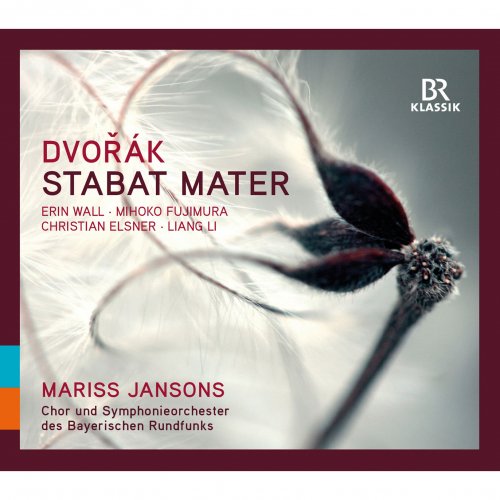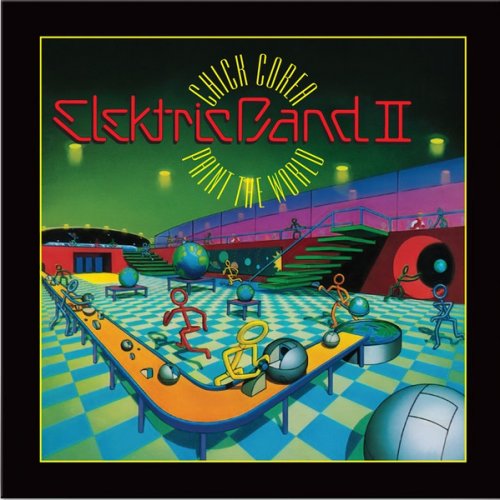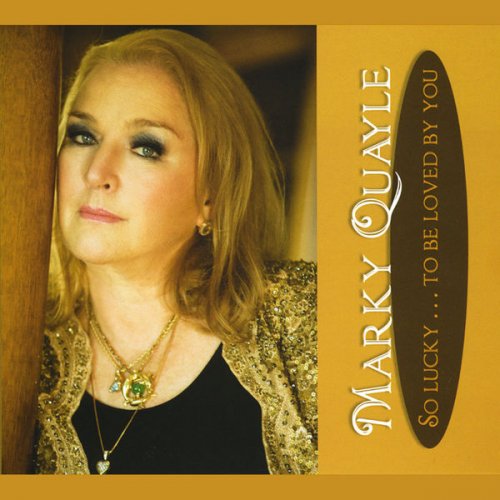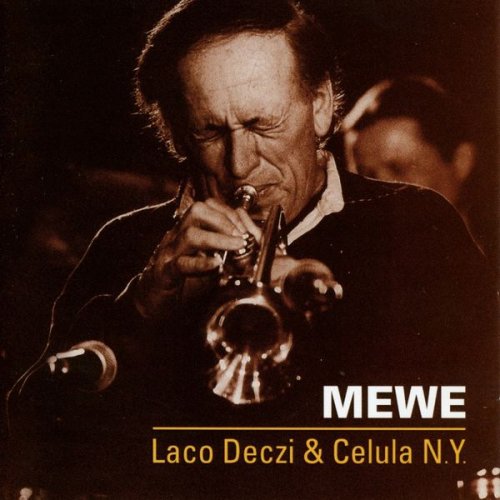Erin Wall, Mihoko Fujimara, Christian Elsner, Liang Li, Mariss Jansons - Dvořák: Stabat mater, Op. 58 (2016) Hi-Res

Artist: Erin Wall, Mihoko Fujimara, Christian Elsner, Liang Li, Mariss Jansons
Title: Dvořák: Stabat mater, Op. 58
Year Of Release: 2016
Label: BR-Klassik
Genre: Classical
Quality: FLAC (tracks) 24bit-48kHz
Total Time: 01:17:51
Total Size: 821 Mb
WebSite: Album Preview
Tracklist:Title: Dvořák: Stabat mater, Op. 58
Year Of Release: 2016
Label: BR-Klassik
Genre: Classical
Quality: FLAC (tracks) 24bit-48kHz
Total Time: 01:17:51
Total Size: 821 Mb
WebSite: Album Preview
Stabat Mater, Op. 58, B. 71 (Antonín Dvořák)
1. No. 1, Stabat mater dolorosa 17:40
2. No. 2, Quis est homo? 09:53
3. No. 3, Eia, mater 07:11
4. No. 4, Fac, ut ardeat cor meum 08:25
5. No. 5, Tui nati vulnerati 04:02
6. No. 6, Fac me tecum flere 06:43
7. No. 7, Virgo virginum praeclara 05:31
8. No. 8, Fac, ut portem Christi mortem 04:29
9. No. 9, Inflammatus et accensus 05:14
10. No. 10, Quando corpus morietur 08:43
Performers:
Erin Wall (soprano)
Mihoko Fujimara (mezzo-soprano)
Christian Elsner (tenor)
Liang Li (bass)
Chor and Symphonieorchester des Bayerischen Rundfunks
Mariss Jansons
Antonín Dvorák's Stabat Mater, Op. 58, written in the aftermath of the deaths of three of his children, is a sober and powerful work, inexplicably neglected and unlike any other work of choral music from the 19th century. Perhaps most performances don't capture its full weight, but this live recording from the Bavarian Radio Symphony Orchestra under Mariss Jansons, does so. There are many deep pleasures here. The orchestra's choir is extraordinary: rich yet without a hint of wobble and utterly clear in its sense of the text. Jansons keeps things at a deliberate pace that lets the music breathe and the currents of personal experience rise to the surface. The soloists, none terribly well known, are fine in their individual numbers, but absolutely transcendent in ensembles, nowhere more so that in the sublime "Quando corpus morietur" finale (track 10); there are a couple of other strong recordings of this work, but it seems likely that no one has ever matched this conclusion. The live recording from the Herkulessaal in Munich is impressively transparent and faithful to the spontaneity of the event. A superb Dvorák release.
![George Otsuka Quintet - In Concert! (1973) [1992] George Otsuka Quintet - In Concert! (1973) [1992]](https://www.dibpic.com/uploads/posts/2026-01/1767548435_insert-front.jpg)
![Eck Adahg Jeff Armstrong & Ra Kalam Bob Moses - Freedom is Now (2026) [Hi-Res] Eck Adahg Jeff Armstrong & Ra Kalam Bob Moses - Freedom is Now (2026) [Hi-Res]](https://www.dibpic.com/uploads/posts/2026-01/1767358838_qkuy7nuk29ov3_600.jpg)






